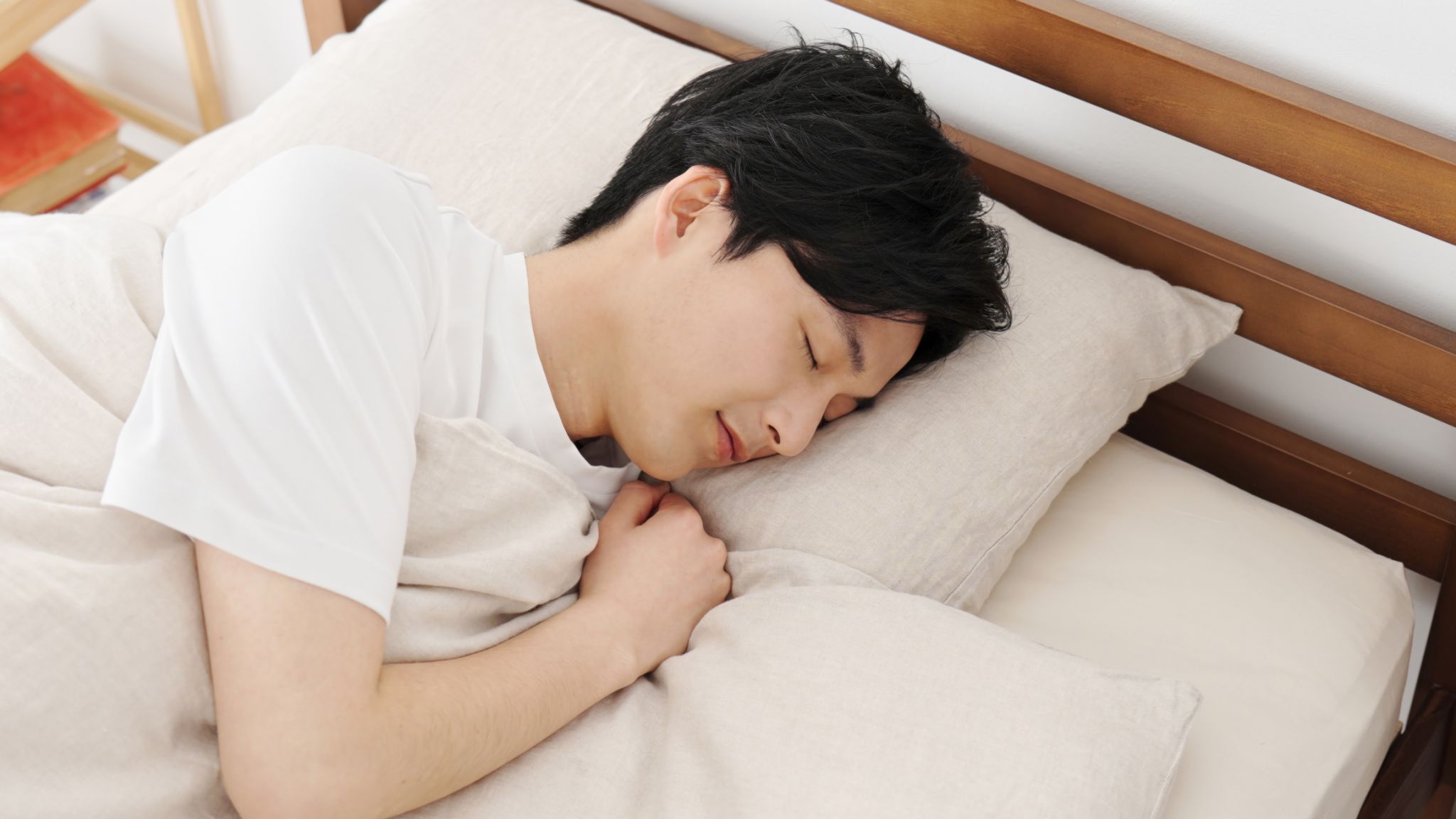How Massage Therapy Improves Mental Health: Insights from RMT Experts
The Connection Between Massage Therapy and Mental Health
Massage therapy is often associated with physical relaxation and relief from muscle tension, but its benefits extend far beyond the physical realm. In fact, massage therapy can play a significant role in improving mental health. According to Registered Massage Therapists (RMTs) in Canada, regular massage sessions can help alleviate symptoms of anxiety, depression, and stress. This holistic approach to wellness addresses both the body and mind, offering a natural complement to traditional mental health treatments.

Reducing Stress and Anxiety
One of the primary ways massage therapy benefits mental health is by reducing stress and anxiety. During a massage, the body releases endorphins, which are natural painkillers and mood elevators. This biochemical response can help decrease cortisol levels, the hormone responsible for stress, leading to a calmer and more relaxed state. RMT experts emphasize that even a single session can significantly reduce anxiety levels, making it an effective immediate intervention for stress relief.
Moreover, the physical touch involved in massage therapy can provide comfort and reassurance, which is particularly beneficial for individuals dealing with anxiety. The safe and nurturing environment created by a professional massage therapist allows clients to unwind and experience a sense of peace that is often elusive in their daily lives.
Improving Sleep Quality
Another significant benefit of massage therapy is its ability to improve sleep quality. Many people struggling with mental health issues also experience sleep disturbances, which can exacerbate their symptoms. Regular massage sessions can promote deeper and more restorative sleep by relaxing the nervous system and reducing tension in the body.

RMTs note that clients often report better sleep patterns following a massage. This improvement in sleep quality can lead to enhanced mood, increased energy levels, and better overall mental health. By addressing sleep issues, massage therapy helps break the cycle of insomnia and mental distress.
Enhancing Emotional Well-being
Massage therapy also contributes to enhanced emotional well-being by promoting a sense of connection and mindfulness. The experience of being fully present during a massage session can help individuals become more aware of their bodies and emotions, fostering a deeper understanding of their mental health.
In addition, the therapeutic relationship between the client and the massage therapist can provide emotional support and validation. This supportive interaction can be especially beneficial for those who feel isolated or disconnected from others, offering a sense of companionship and understanding.

Boosting Self-esteem and Body Image
For many individuals, mental health challenges are intertwined with issues of self-esteem and body image. Massage therapy can help improve these aspects by encouraging a positive relationship with one's body. The nurturing touch of massage can enhance body awareness and appreciation, which in turn can lead to improved self-esteem.
RMTs have observed that clients often develop a more positive outlook on their bodies after regular massage sessions. This shift in perspective can be empowering, helping individuals to embrace their physical selves and boost their confidence.
Conclusion: A Holistic Approach to Mental Health
In conclusion, massage therapy offers a holistic approach to mental health that addresses both the physical and emotional aspects of well-being. By reducing stress and anxiety, improving sleep quality, enhancing emotional well-being, and boosting self-esteem, massage therapy can be a valuable tool in managing mental health challenges.
If you're in Canada and considering massage therapy as part of your mental health regimen, consult with a qualified RMT to explore how this therapeutic practice can benefit you. With its array of mental health benefits, massage therapy is more than just a luxury—it’s a pathway to a healthier, more balanced life.
